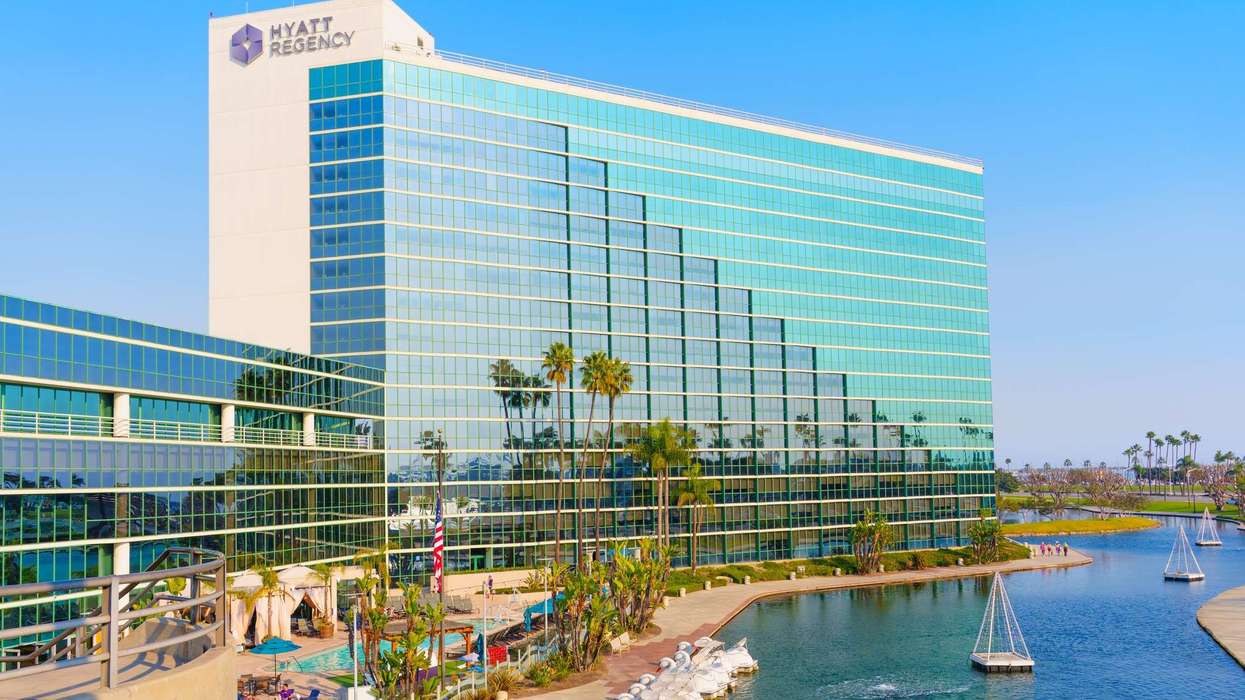TAKING A PAGE from a previous disaster, a bill proposed in the U.S. House of Representatives would create insurance to mitigate loss from future pandemics. It would operate roughly like business interruption insurance but with a system in place to give it enough capacity to handle another COVID-19 style crisis.
The Pandemic Risk Insurance Act of 2020 would create the Pandemic Risk Reinsurance Program, a system of shared public and private compensation. The concept is similar to the Terrorism Risk Insurance Act that was passed after 9/11.
“Millions of small businesses, nonprofits, mom-and-pop shops, retailers, and other businesses are being left out in cold and will never be able to financially recover from the coronavirus crisis because their businesses interruption insurance excludes pandemics,” said Rep. Carolyn Maloney, D-NY, the bill’s sponsor. “We cannot allow this to happen again. These employers and their employees need to know that they will be protected from future pandemics, which is why I am introducing the PRIA.”
The PRIA would not retroactively cover COVID-19 losses, but would be triggered after $250 million in aggregate industry losses and following any future declaration of a covered public health emergency or pandemic, according to AssociationsNow.com.
The U.S. Travel Association, which also has been lobbying for more federal aid for the travel industry during the current crisis, endorsed the PRIA.
“The PRIA legislation is a critical step in building the policy framework to navigate out of the economic crisis that has resulted from the pandemic, and help ensure it never happens again,” said Tori Emerson Barnes, USTA’s executive vice president for public affairs and policy. “As 9/11 exposed the need for terrorism risk insurance, and since the impact of coronavirus on the travel industry has been nine times that of 9/11, it is very sensible to offer a similar backstop for pandemics. This measure will go a long way in giving businesses the confidence they need to reopen, which will be vital to a rapid, robust and sustained economic recovery.”
Current business interruption insurance policies may not cover a pandemic, Rahul Patel, managing partner at the Patel|Gaines law firm in San Antonio, Texas, said previously.
“I think that there are probably some strong legal provisions that state that your insurance should or does cover this type of situation. But the flip side to that is, whether it says that or not, or whether it’s covered or not, isn’t really the situation. The situation is how long is it going to take for you to find relief under that?” he said. “Do you believe that insurance companies are going to bend over and say ‘Hey, $20,000, let’s just pay the claim.’ No, because there’s going to be thousands of claims. I told someone that it might not be a bad angle to pursue, but if you’re relying on that to come in next month then you’ve got a problem.”





